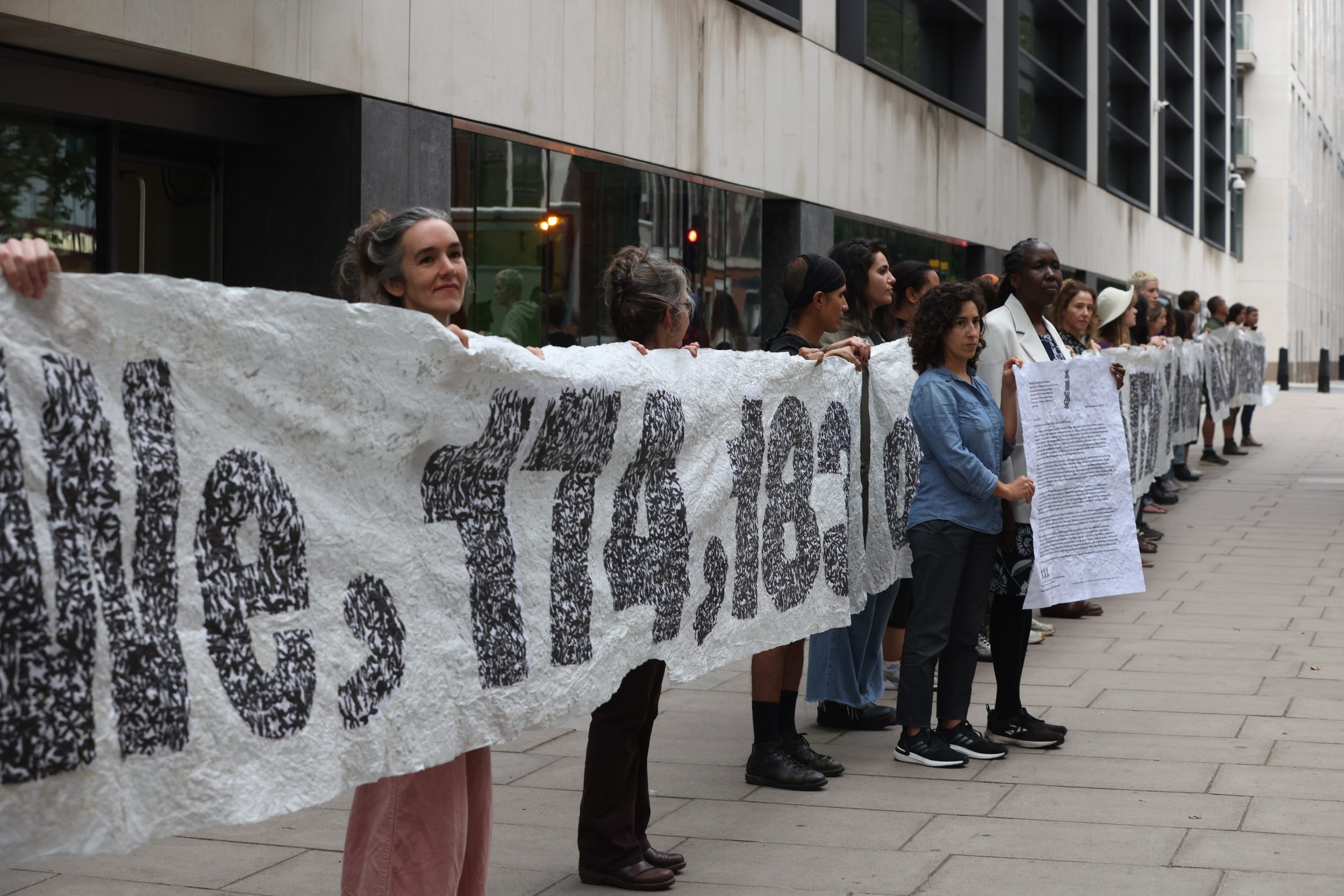Nearly 175,000 allotment applications stuck in waiting lists, probe shows
It takes three years on average to be granted a space, but some have had to wait as long as 15, according to Greenpeace.

Your support helps us to tell the story
From reproductive rights to climate change to Big Tech, The Independent is on the ground when the story is developing. Whether it's investigating the financials of Elon Musk's pro-Trump PAC or producing our latest documentary, 'The A Word', which shines a light on the American women fighting for reproductive rights, we know how important it is to parse out the facts from the messaging.
At such a critical moment in US history, we need reporters on the ground. Your donation allows us to keep sending journalists to speak to both sides of the story.
The Independent is trusted by Americans across the entire political spectrum. And unlike many other quality news outlets, we choose not to lock Americans out of our reporting and analysis with paywalls. We believe quality journalism should be available to everyone, paid for by those who can afford it.
Your support makes all the difference.There are nearly 175,000 applications for allotments stuck in waiting lists with people in limbo for around three years on average, according to a Greenpeace investigation.
Some people have had to wait for up to 15 years to be able to grow their own fruit and vegetables, with waiting lists in England doubling in length since 2011, campaigners said.
By sending freedom of information requests to every local authority in England, Scotland and Wales, Greenpeace found a total of 174,183 applications in waiting lists.
The city with the longest list was Bristol, with 7,630 applications, followed by Sunderland, Portsmouth, Southampton, Edinburgh and Manchester.
In many cases, the number of applications waiting exceeded the total number of plots available, with data covering up to September 7 this year.
Allotments quite literally provide a lifeline for some. They bring good local food back to people and take away the bad taste of the global industrial food system
The campaigners said the idea for the investigation came from three independent artists who also worked to obtain the data and put together a seed paper banner in protest at the lack of allotment access.
Greenpeace say this shows people want to grow their own food as a way to improve their health, save costs on shopping and reduce their carbon footprint.
Daniela Montalto, Greenpeace UK forests campaigner, said: “Allotment waiting lists demonstrate a huge desire from people to be part of the solution to our broken food system but without access to land, the many benefits of community food growing to people, nature and the climate are being stifled.
“The Government must support councils to act as well as take seriously its own role in creating systemic and lasting change to the food system.
“Crucial steps include proper support for farmers to transition to climate, people and nature-friendly farming as well as measures to reduce our climate footprint abroad including a ban on imports of soya and other agricultural commodities that drive deforestation in places like Brazil.”
Together with a group of artists, the campaigners created a 30-metre long seed paper banner embedded with seeds and ash from burnt out Amazon rainforest spelling out the message: “We the 174,183 demand allotments.”
They carried the banner to the Department for Levelling up, Housing and Communities on Wednesday morning along with a large letter urging the Government to expand access to allotments, which the department declined to accept, the volunteers said.
Allotments historian and lead artist for the project JC Niala said: “With the acceleration of climate change and the persistence of structural inequality within the UK and globally, food has become both an emblem and an embodiment of the troubles around us.
“Allotments quite literally provide a lifeline for some. They bring good local food back to people and take away the bad taste of the global industrial food system.
“They improve people’s mental health and wellbeing by creating a sense of purpose and increasing opportunities to connect with others as well as spend time in nature.”
The Department for Levelling up, Housing and Communities has been contacted for comment.